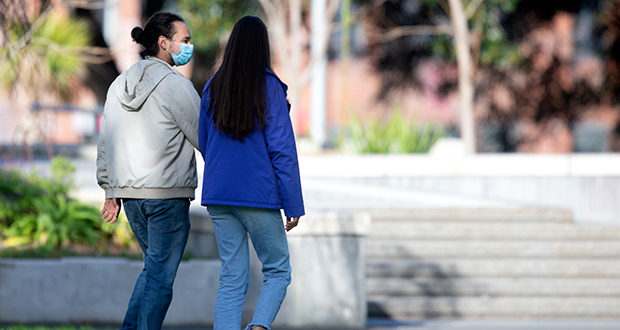A new report calling for Australia’s schools and universities to remain open during future Covid-19 outbreaks has been critiqued for using “misleading” data.
Last Thursday, a six-month independent review into Australia’s Covid-19 response led by Western Sydney University chancellor professor Peter Shergold was released to the public.
The report, funded by three of the country’s major philanthropic trusts, said the government “failed to get the balance right between protecting health and imposing long-term costs on education, mental health, the economy and workforce outcomes.”
"It was sensible to close schools where there was an outbreak and when little was known about how the virus spread," it said.
"But it was wrong to close entire school systems, particularly once new information indicated that schools were not high-transmission environments."
The report pointed to Sweden, which made the decision to keep primary schools schools open during 2020.
It cited a controversial study which found that despite schools remaining open, incidence of severe disease and deaths among Swedish children and teachers remained low.
The paper has been critiqued for only covering a four month period and has faced allegations that its authors omitted key data to support its findings.
Zoë Hyde, an epidemiologist and biostatistician from the University of Western Australia, said looking to the “Swedish strategy” could lead to serious consequences.
“Children have been left with disabling long Covid as a result of the Swedish strategy, and it's not something we’d ever want to emulate in Australia,” Hyde told Campus Review.
"What we actually know that is that by the end of 2020, Sweden had about 10 times the number of cases of the serious multisystem inflammatory syndrome in children than neighbouring Norway and Finland combined.
Hyde said the evidence was "very clear" that schools have been an important driver of the pandemic, both here and overseas.
“Schools and universities are high transmission environments, if mitigation measures like better ventilation and air purifiers aren’t in place," she said.
“Our focus now should be on making schools resistant to the spread of airborne respiratory diseases by investing in ventilation and air cleaning technology. This should prevent the need to close them in future pandemics.”
Do you have an idea for a story?Email [email protected]
 Campus Review The latest in higher education news
Campus Review The latest in higher education news

